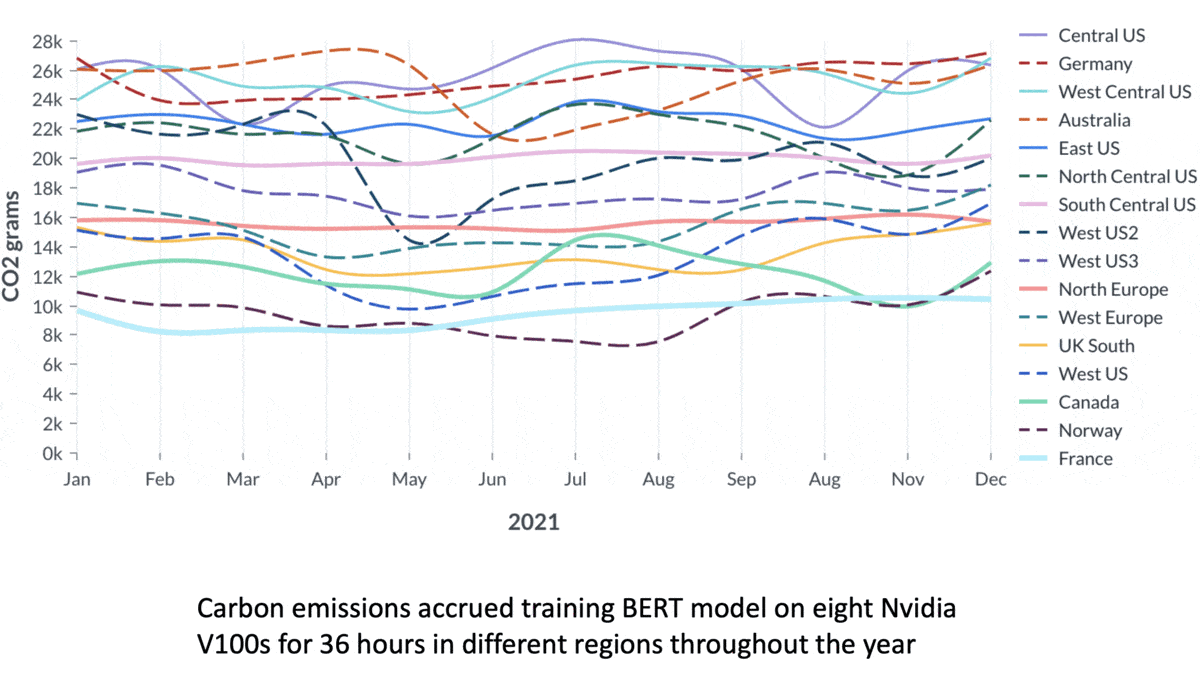
Science
Cutting the Carbon Cost of Training: A New Tool Helps NLP Models Lower Their Gas Emissions
You can reduce your model’s carbon emissions by being choosy about when and where you train it.

Science
You can reduce your model’s carbon emissions by being choosy about when and where you train it.
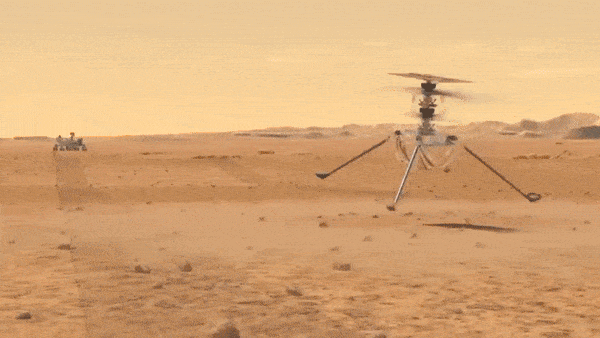
Science
The United States space agency is upgrading the system that pilots its helicopter on the Red Planet. The National Aeronautics and Space Administration (NASA) announced that Ingenuity, a drone sent to Mars as part of its 2020 mission to Mars, will receive a new collision-avoidance algorithm.

Science
People who suffer from gastrointestinal conditions such as irritable bowel syndrome are number two when it comes to describing the characteristics of their own poop.
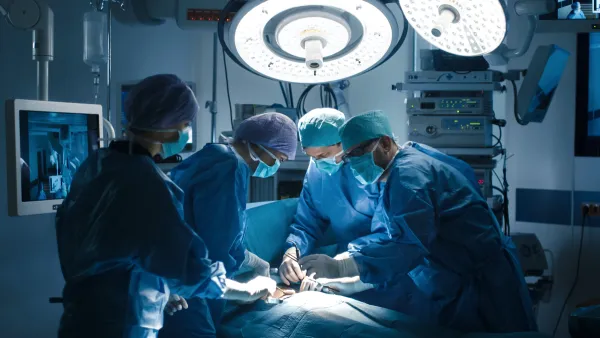
Science
Hospitals across the United States are relying on AI to keep patients safe. Doctors are using a variety of machine learning systems to assess the risk that a given patient will suffer complications.
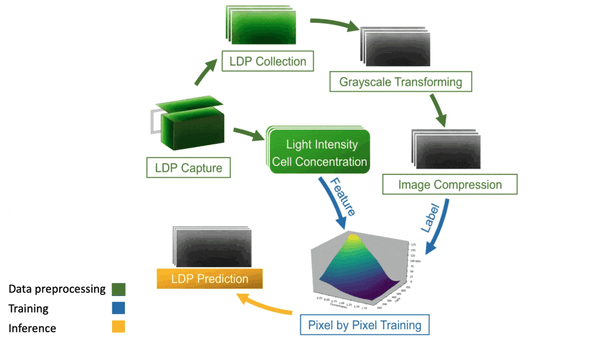
Science
A new machine learning technique is boosting algae as a renewable, carbon-neural source of fuel for airplanes and other vehicles typically powered by fossil fuels.

Science
It’s surprisingly easy to turn a well-intended machine learning model to the dark side. In an experiment, Fabio Urbina and colleagues at Collaborations Pharmaceuticals, who had built a drug-discovery model to design useful compounds and avoid toxic ones, retrained it to generate poisons.

Science
Every gene in the human genome exists in a variety of mutations, and some encode protein variants that cause cells to malfunction, resulting in illness. Yet which mutations are associated with disease is largely unknown.
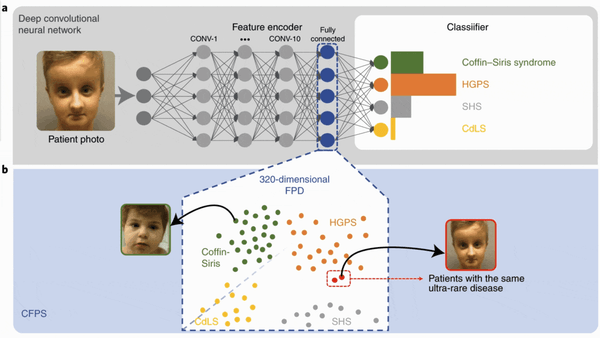
Science
People with certain genetic disorders share common facial features. Doctors are using computer vision to identify such syndromes in children so they can get early treatment.
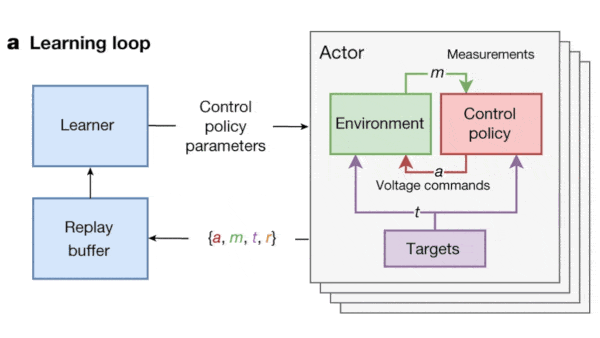
Science
Nuclear fusion technology, long touted as an unlimited source of safe, clean energy, took a step toward reality with a machine learning algorithm that molds the fuel in a reactor’s core.
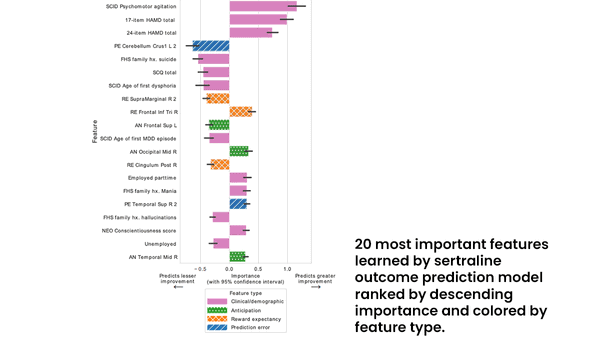
Science
Deep learning can predict how patients will respond to two antidepressant medicines.

Science
Astronomers may use deep learning to keep the sun in focus.What’s new: Researchers at the U.S. National Aeronautics and Space Administration (NASA), Catholic University of America, University of Oslo, and elsewhere developed a model that helps recalibrate a space telescope focused on the sun.

Science
Neural networks translated a paralyzed man’s brainwaves into conversational phrases. Researchers trained a system to interpret electrical impulses from the brain of a man who had lost the ability to speak 15 years ago, and displayed them as words on a video screen.